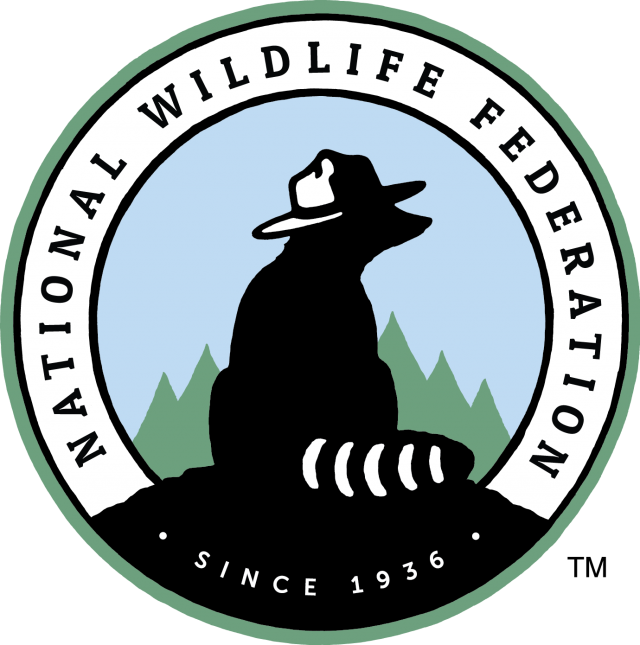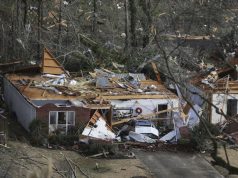By Jacqueline Gray Miller
Severe storms and torrential rain caused flash flooding in parts of central Alabama on Tuesday, May 4, 2021. From students to the elderly, several people had to be rescued by boat from floodwaters at an apartment complex in Homewood. In Birmingham, flash flooding submerged cars and excessive runoff from the heavy rainfall caused flooding of small creeks and streams, urban areas, highways, streets and underpasses as well as other drainage areas and low-lying spots. Fortunately, there were no reports of severe injuries. But, with rainfall totals atop seven inches in parts of central Alabama that day, it is a soggy reminder to keep streets and storm drains clean. Here’s what we can all do to help.
- Dispose of any trash in the proper receptacle. Reuse or recycle it if possible.
- Pick up any litter you see as you are walking. Plan or participate in a neighborhood cleanup event.
- When mowing your lawn, do not blow the clippings into the street. Sweep them up or mulch them into your lawn.
- Do not hose down your sidewalk or driveway into the street.
- Leaves and grass clippings in our waterways can contribute to algae growth. As this plant material decomposes, it uses up oxygen in the water and can kill fish and other aquatic wildlife.
- Automotive fluids (such as motor oil, gasoline, and antifreeze), even small amounts, will contaminate water and harm aquatic wildlife.
-
- Overspray from careless lawn and garden chemical application can also be washed into local waterways where it can cause increased algae growth, decreased oxygen levels, and can harm fish and wildlife.
- Do not drain your pool or spa water into the street storm sewer inlets. Check with your local municipality before draining.
- Storm sewers and storm inlets are for rain and the occasional snowmelt ONLY! Never use them to dump or dispose of liquids or solid waste.
INVESTING IN BIRMINGHAM
Rain passes over roofs, streets, parking lots and other land surfaces picking up pollutants such as oil, chemicals, pesticides and eroded soil along the way. Any pollutant that is directed into the stormwater drainage system bypasses any treatment and flows directly into our waterways and to those downstream from us. This creates hazards for people, wildlife, and the environment. Protecting stormwater quality keeps our waterways healthy and preserves wildlife habitat.
In 2018, Birmingham City Councilor John R. Hilliard, District 9, connected to America’s largest education conservation organization to create direct opportunities for Birmingham residents. To date, partners include Build UP, the East Thomas Neighborhood Association, Ensley Reimagined, Pneuma Gallery, Slade Land Use, Environmental and Transportation Planning, LLC, and the Village Creek Human & Environmental Justice Society, Inc.
Many of the nation’s most significant environmental challenges and opportunities are in our urban centers. From increasing air and water quality to updating housing and transportation infrastructure, the possibilities are endless to improve the environments where people live and decrease pollution and create local jobs. The National Wildlife Federation is committed to addressing the priorities of urban communities.
Simone Lightfoot serves as the Associate Vice President of Environmental Justice & Climate Justice National Wildlife Federation. She oversees the organization’s Birmingham grant efforts and can be reached at (313) 585-1052 or lightfoots@nwf.org.





